'Aucouturier psychomotor practice' is a new method that can help all young children with difficulties, including the most severe communication disorders such as autism... to be rehabilitated.
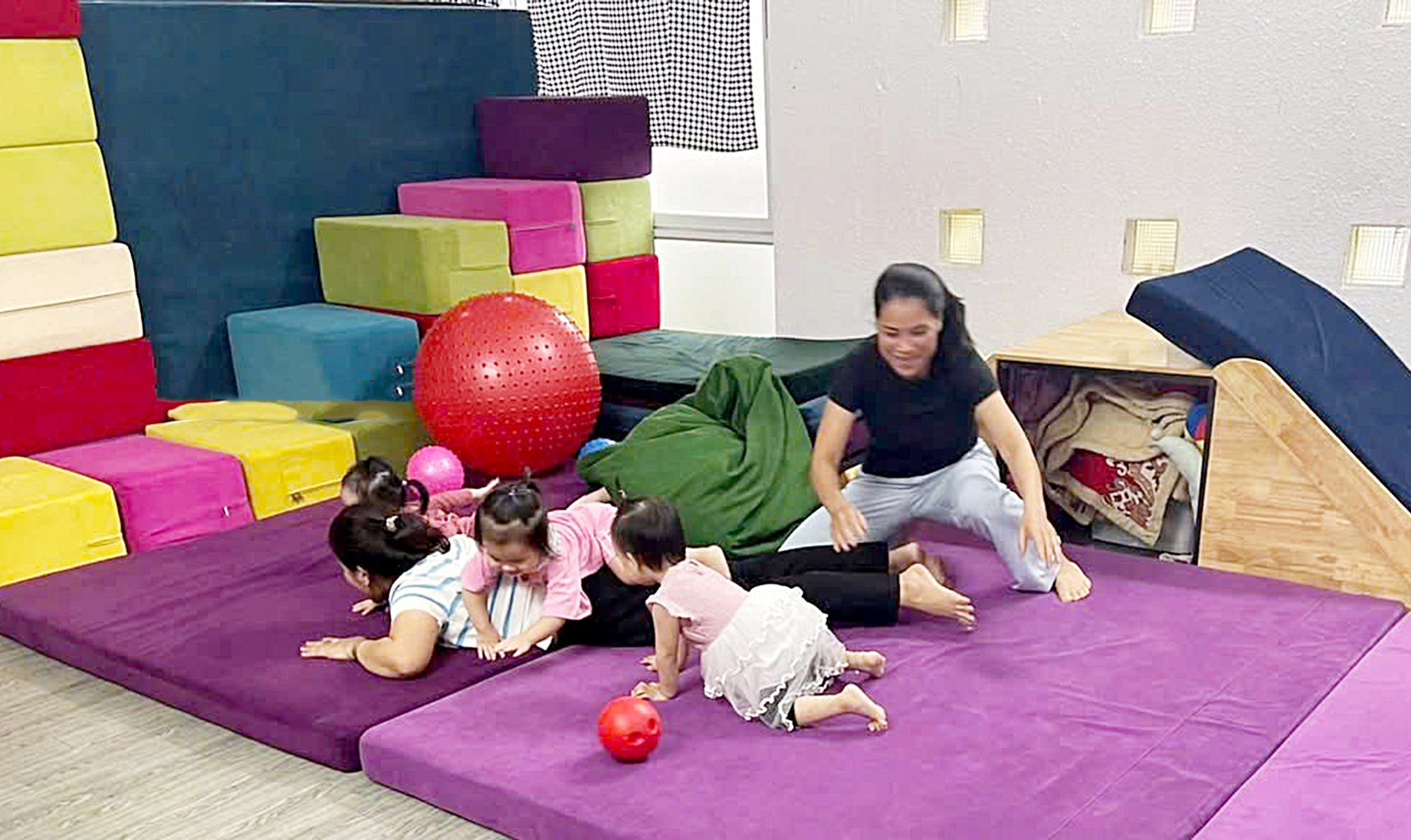
Aucouturier's psychomotor practice on education and prevention for normal children - Photo: Dr. LE BINH
How to communicate with non-communicative children?
That was my question in 2008, after listening and feeling all the suffering of a father whose child had autism through the presentation "Autism - the scary gap of pediatrics" at the National Autism Conference in 2008, held at Children's Hospital 1, Ho Chi Minh City.
Interesting discoveries
I studied for 3 years (2001 - 2003) with the School of Practical Psychology of Paris (EPP) at Children's Hospital 1, and was able to recognize psychopathological disorders in young children, the most severe of which was autism. I was very moved and found myself able to diagnose autism but powerless to approach and treat this completely non-communicative child.
In 2008, I received a scholarship from the French Government for the second residency program. I decided to find a way to practice child psychiatry after my internship at the pediatric neurology department at Kremlin Bicêtre Hospital.
I found the psychomotor approach to children with autism quite special, the psychomotor room in the pediatric psychopathology department at the Neonatal and Perinatal Institute even equipped a small swimming pool for children. It was the first time I saw an autistic child who could smile peacefully, even without making eye contact with the psychomotor.
At that time, I really wanted to learn about psychomotor, but my internship in France had ended. In 2009, I had just returned to Vietnam from France and heard that there was a psychomotor training course in Ho Chi Minh City, so I met Ms. Annette Bauer.
I was quite nervous because the training had started a year earlier, but luckily, Annette agreed. She said she was very happy because I was both a pediatrician and had training in perinatal psychology, so studying Aucouturier psychomotor was very suitable.
I discovered that Annette's psychomotor training was superior to the psychomotor method I had experienced in Paris before, because it was the Aucouturier psychomotor practice (PPA = Pratique Psychomotrice Aucouturier).
This is a relationship-based approach, while psychokinesis in France is functional psychokinesis, aimed at treating symptoms and external manifestations.
Many children have made a full recovery.
PPA sets out two important requirements: the psychomotor room needs to be specially designed. The room needs to be large enough, the equipment needs to be arranged in a safe manner, and it needs to be suitable for the child's age-related psychophysical needs.
Children are allowed to initiate play, explore and express themselves freely, and live in the joy of movement. The psychomotor room is where children live their own psychophysiological development process.
At the same time, psychomotor therapists need to transform themselves: in addition to being equipped with some skills and tools to support special children, they need to be transformed internally. They can recognize the children's abilities and positive points alongside some of their difficulties.
In addition, they understand the origin of children's unusual external manifestations (through analysis and synthesis of information from parents about children's development and at least 3 observation sessions in the psychomotor room).
At the same time, understand the meaning of the child's body language, sympathize with the child's inner suffering, fear, inhibition, anger, hurt, trauma... Aucouturier is a companion in an equal position, on the same level as the child, plays with and plays for the child, does not plan to teach the child and does not expect the child to achieve the achievements set by him.
In contact with the Aucouturier psychomotor home, children feel understood, regularly responded appropriately, respected and valued, leading them to place their trust in the psychomotor home. From there, children become confident and open, wanting to play, wanting to communicate and wanting to grow.
Therefore, children not only lose "strange" behaviors but also develop many other aspects, in parallel with emotions, feelings, relationships, awareness of themselves and the world around them.
The role of parents is very important
Through my experience in therapy at the motor psychology clinic since 2012, some children with autism, who came early before the age of 3, with the cooperation of their parents, have fully recovered after 1-2 years.
Cases where parents come with their children for therapy often have a higher and faster recovery rate. Children who come later (5-6 years old) also make significant progress, some of them can go to regular school.
However, there is a special case where children cannot concentrate on studying at a normal school, but their parents force them to go to school, resulting in the child regressing, showing signs of withdrawal, hyperactivity, impulsiveness...
Fortunately, the child's parents recognized the source of the problem and changed the child's environment. Previously, the child came because of strange behavior (often kissing other people's feet), lack of communication, impulsiveness, lack of self-awareness, lack of emotion, even on his birthday, he was congratulated by friends and relatives...
Now the child has progressed in many aspects, recognizes himself, knows how to express his emotions to others and is very happy on his birthday, speaks more and expresses himself more clearly, knows how to express his feelings to his parents, communicates well with relatives, can do some housework when asked, can sit for a long time playing assembly, making lanterns...
Children love going to school - a school for special children that does not force children to learn letters but helps them practice self-care skills, do crafts, create art, and learn to sing.
The father also realized that he had changed a lot: from being hot-tempered, he had become very patient. His love for his son helped him change, and played an important role in helping his son change.
The progress of these children confirmed in me the effectiveness of the Aucouturier psychomotor practice method, making me want to contribute to spreading this method in Vietnam.
When Ms. Annette Bauer suggested taking the course to become a trainer, I immediately agreed. I became an Aucouturier psychomotor trainer, recognized by ASEFOP (Association Européenne des Écoles de Formation à la Pratique Psychomotrice - European Association of Aucouturier Psychomotor Training Schools) in February 2019, after 4 years of training.
Speaking with Tuoi Tre , Dr. Tran Quang Huy - Department of Psychology, Children's Hospital 1 (HCMC) - said that the Aucouturier psychomotor practice method was developed by Bernard Aucouturier.
The main principles of Aucouturier psychomotor training are free movement, without imposition; safe and stimulating space; observation, companionship and emphasis on emotions, personal expression. Currently, psychomotor training rooms in Ho Chi Minh City all follow the main principles of the Aucouturier method.
NEUTER
Dr. Nguyen Le Binh - pediatrician and clinical psychologist, Aucouturier psychomotor trainer, perinatal child psychiatry department - Pham Ngoc Thach University of Medicine.
Source: https://tuoitre.vn/giao-tiep-voi-tre-khong-giao-tiep-bang-thuc-hanh-tam-van-dong-20250207075212997.htm










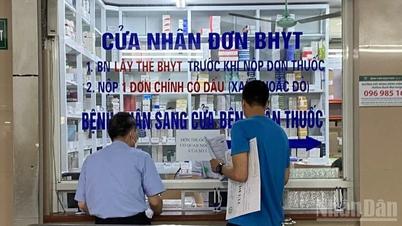

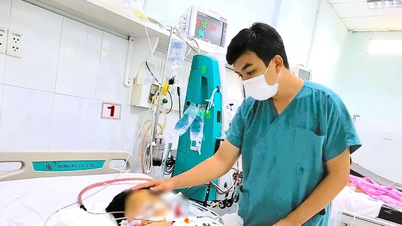



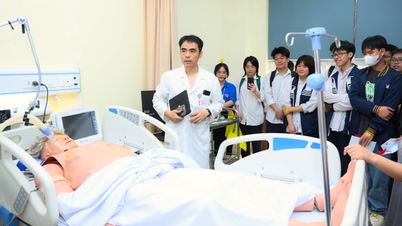
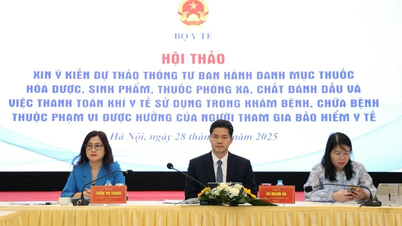
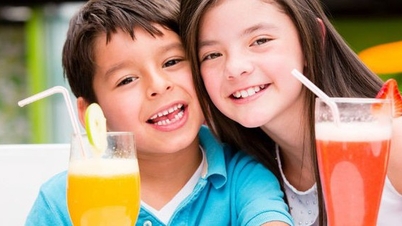




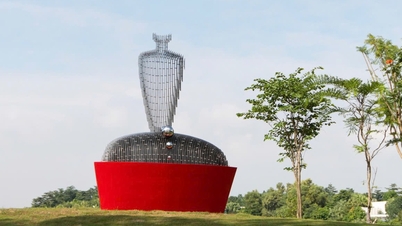
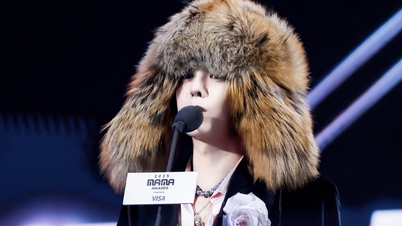
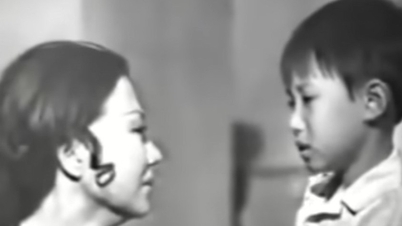
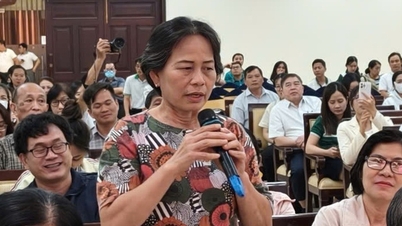
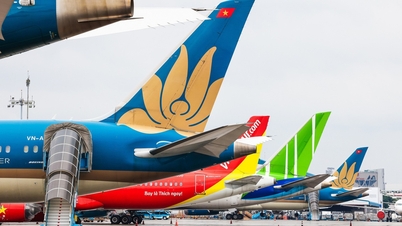
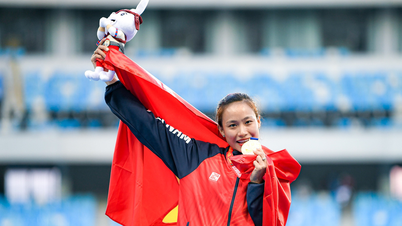




















































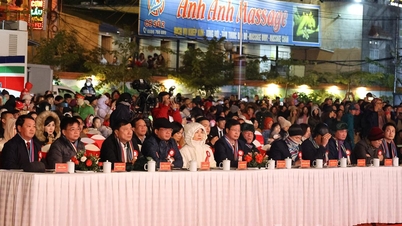


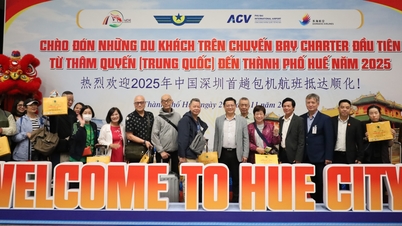



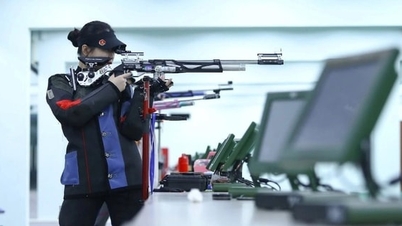

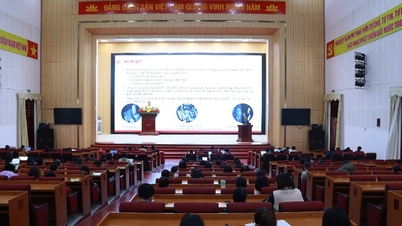









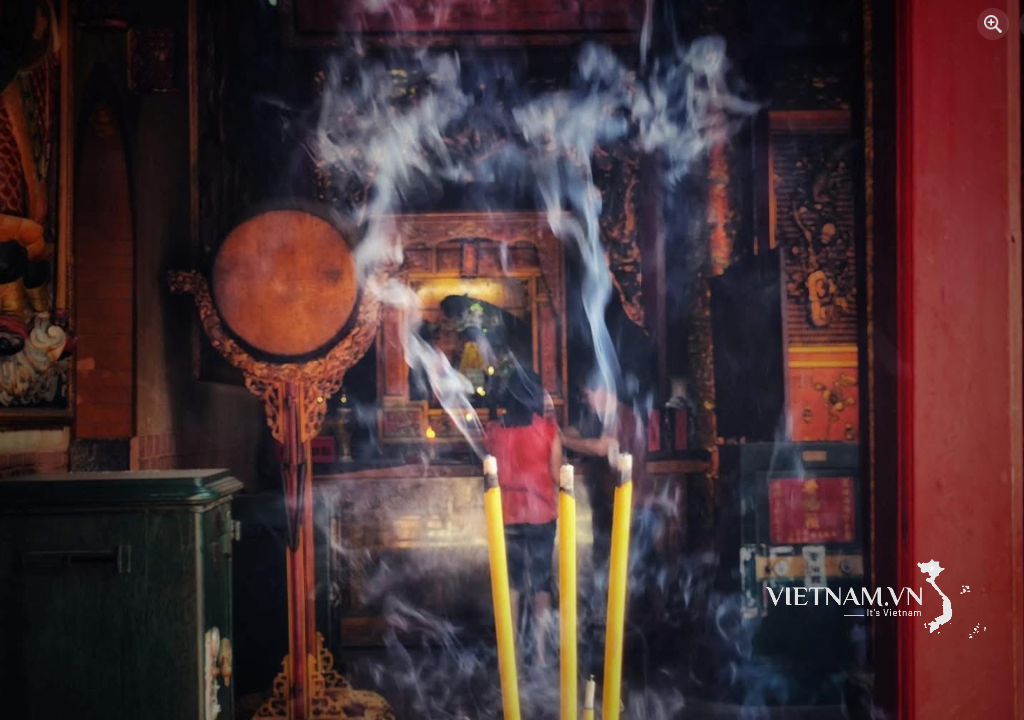


Comment (0)